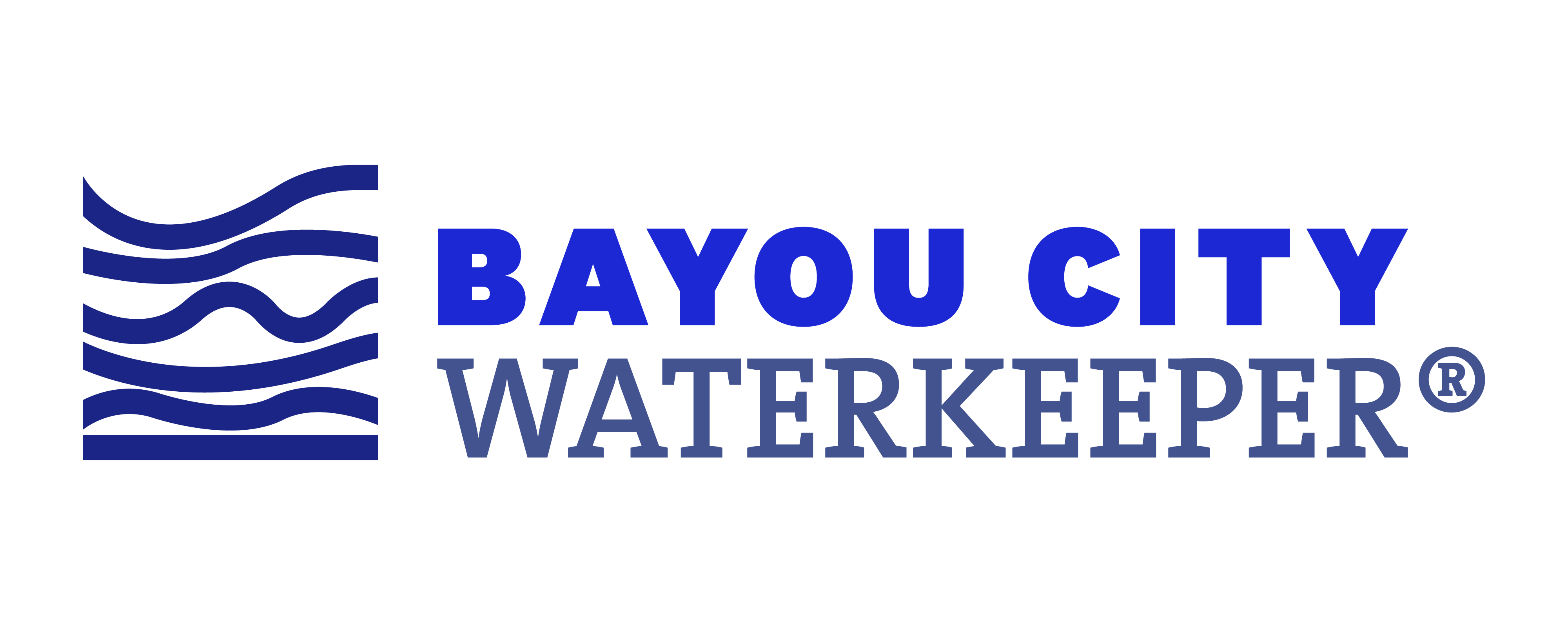Policy Recommendations for the Bayou City
A Water Agenda for the Next Houston Mayor
On November 7, Houstonians will elect their next Mayor and several new members of the City Council. With worsening effects of climate change on the horizon, Houston’s new leadership has an opportunity to take bold action on water infrastructure, flood resilience, and environmental justice. To ensure the next Mayor prioritizes these actions, Bayou City Waterkeeper presents a mini-policy agenda focused on a fundamental aspect of the city—water.
Recent major incidents like Hurricane Harvey and Winter Storm Uri have reminded us of the severe risks faced by many Houston residents, particularly lower-income communities and communities of color dealin with historic disinvestment in stormwater infrastructure. As Houston confronts threats from flooding, pollution, and aging infrastructure, it’s clear that the next Mayor must prioritize water equity and infrastructure improvements for a resilient future.
As Mayoral candidates consider how best to meet the needs of the Bayou City, we offer these recommendations related to water.
Adopt a Private Sewer Lateral Repair Program
Close gaps leaving lower-income Houstonians out of City of Houston’s $2 billion sanitary sewer consent decree benefits. The city entered a consent decree with federal and state environmental regulators in 2021, spurring much needed investments in our sanitary sewer systems through 2036. However, the settlement left behind an initial plan to address problems with private sewer laterals due to a temporary Trump-administration policy. This exclusion has formed an injustice; sewage line breaks on private property disproportionately affect low-income, Black and brown Houstonians who often lack resources for repairs. This means that the $2 billion worth of sewer investments are inequitably distributed across the city.
With the Trump-administration policy no longer in place, the next administration has the power to act by requesting the EPA to amend the consent decree. The amendment would allow the city to divert penalties, which it continues to pay, into a program to help low-income Black and brown communities repair their private sewer lateral lines.
Pull down Federal water infrastructure funds
Pull down federal infrastructure funds to support overdue improvements for clean, reliable water in historically disinvested neighborhoods. Billions in federal funds are available through the Infrastructure Investment and Jobs Act (IIJA) and the Inflation Reduction Act (IRA), which our city may use to protect families from flooding, pollution, and threats from storms. These funds could help improve drainage systems, relocate families in flood-prone neighborhoods, and clean up legacy pollution at Superfund and brownfields sites.
Ensure disadvantaged communities have access to funds under the Texas State Revolving Funds (SRFs) for Clean Water and Drinking Water. The SRFs provide low-interest loans for drinking water, wastewater, and stormwater infrastructure projects. However, disadvantaged communities (DACs) often lack the resources or technical expertise to secure these funds. The next administration can eliminate these disparities by simplifying the application process and offering technical support, ensuring a fairer allocation of funding and access to clean water. We recommend adopting the national Justice40 framework which aims to direct 40% of federal funds to DACs.
Center community voices in One Water planning
Center community voices and priorities in One Water planning. Houston is currently developing its One Water plan—a holistic and integrated approach to managing drinking water, wastewater, and stormwater. This plan has great potential to improve the city’s water inequities if the stakeholder process engages and centers the needs of frontline communities. It is also important that the One Water plan safeguards public control over water to prevent threats of privatization.
Invest in Green Infrastructure through MS4 Permits
Ensure the MS4 permit renewal process creates opportunities for investment in green stormwater infrastructure and reduced industrial and trash pollution. While the city has recently announced investments in drainage and committed specifically to address illegal trash dumping through an agreement with the US Department of Justice, these efforts, though commendable, fall short of addressing the long-term downstream effects of trash dumping. Much of this waste continues to end up in our bayous which are already stressed from industrial pollution.
This problem is exacerbated by the outdated MS4 permit the city shares with Harris County and Harris County Flood Control District, which provides stormwater management protocols, but hasn’t been adequately updated in almost 20 years. Updating the permit is vital to reducing pollution risks for Houston communities and align with the city’s own goals under the Resilient Houston plan.
Reduce Industrial Risks
Reduce industrial risks. In our city’s toxic risk hotspots, the city, working with county, state and federal enforcement authorities, must hold accountable and deliver on the promise of safe and healthy neighborhoods for all.
Houston Chronicle Op-Ed: How Houston's Next Mayor Should Think about Water
“Water affects us all. As we welcome a new mayor this November, let’s remember that water is not just a challenge in the Bayou City. It’s part of the fabric of our Gulf Coast place. And it carries opportunities for a better, more resilient and more equitable Houston.”
BCWK Policy Analyst Usman Mahmood and Water Justice Organizer Kourtney Revels
Resources
Sewage and Clean Water: Justice in the Sewers Hub
